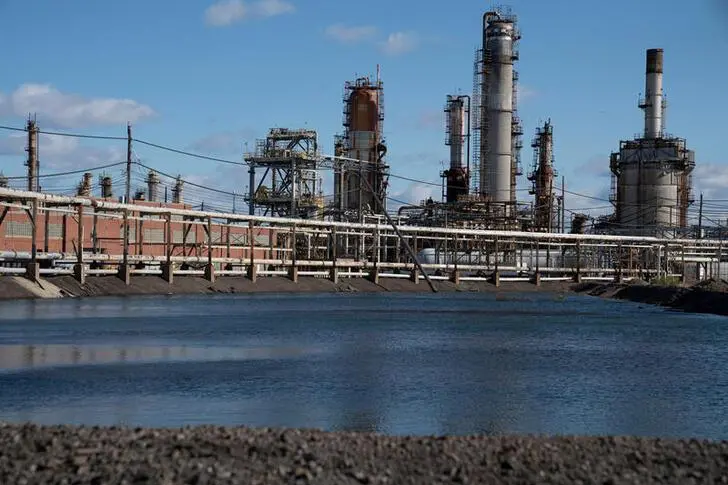PHOTO
(John Kemp is a Reuters market analyst. The views expressed are his own)
LONDON- Prolonged disruption to oil production in the Gulf of Mexico and multiplying signs of a worldwide energy shortage have not been enough to encourage significant new petroleum buying from portfolio investors.
Hedge funds and other money managers purchased the equivalent of just 12 million barrels in the six most important petroleum futures and options contracts in the week to Sept. 21, according to exchange and regulatory data.
Funds have purchased a total of 129 million barrels in the last four weeks, offsetting about half the 268 million barrels they sold over the previous ten weeks amid concerns about a rising number of coronavirus cases.
But purchases in the most recent week were the lowest so far, suggesting earlier bullish momentum was fading, right before prices climbed to their highest level for almost three years.
In the most recent week, funds were buyers of Brent (+21 million barrels) and U.S. heating oil (+8 million) but small sellers of NYMEX and ICE WTI (-11 million), U.S. gasoline (-1 million) and European gas oil (-5 million).
The combined position across all six contracts rose to 806 million barrels (73rd percentile for all weeks since 2013) up from a recent low of 677 million (59th percentile) on Aug. 24.
The ratio of bullish long positions to bearish short ones climbed to 5.85:1 (79th percentile) up from 4.25:1 (57th percentile) in late August, implying the hedge fund community is broadly bullish about the outlook for oil prices.
In real terms, front-month Brent futures prices are at their highest level since October 2018 and well above their long-term average, in the 71st percentile for all months since 1990.
However, positions are not especially stretched at this point; there is scope for more buying and only a moderate risk of an abrupt reversal in the price trend based on positioning alone.
(Editing by David Evans) ((john.kemp@thomsonreuters.com))





















